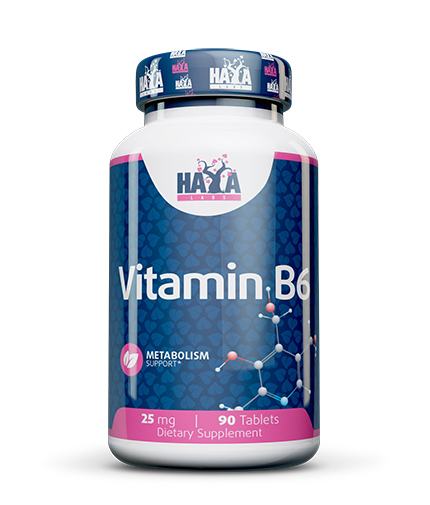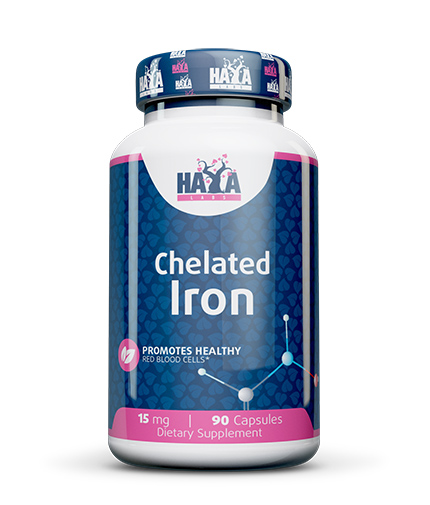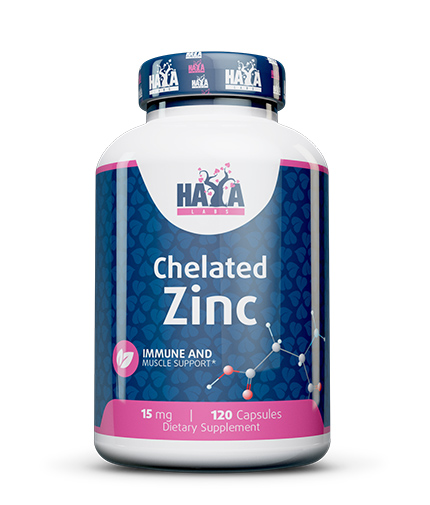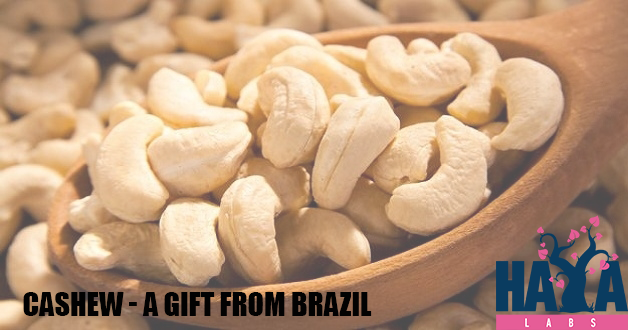
Cashew - a gift from Brazil.
0
1412
The interesting thing about cashew is that it also has a dark side that goes further than its role in prolonging alcohol intake.
Cashew tree originates from the territory of today's Brazil, and contrary to popular beliefs, phylogenetically, it is closer to mangoes than peanuts. Nowadays, cashew grows mainly in the lands of Africa and Asia (especially India).
There it was imported from the Portuguese commercial fleets in the 16th century. Cashew nuts have no commercial value for a long time. Their demand has increased only since the early 20th century.
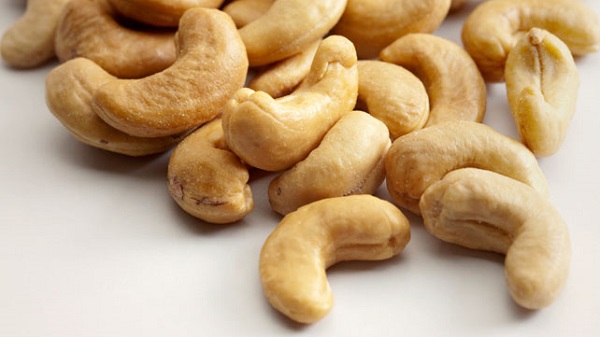
Cashew is an evergreen plant that reaches 10-12 meters in height and has a fertile life of up to 45 years. Its fruit is commonly called "cashew apple" and strongly resembles a quince or a large pear with red color.
In the lower part of it is a mossy kidney growth, which contains a nut cashew. The kernel is submerged in the secretion that is of a toxic nature to keep the termites and other tropical pests away.
Each cashew apple gives one kernel, and one tree can give up to 300 berries per year. As you can guess, this is extremely small compared to a tree like a walnut, for example.
This fact, the labor-intensive collection, and detoxification of cashew nuts together with transport predetermines the high price of the cashew.
read more
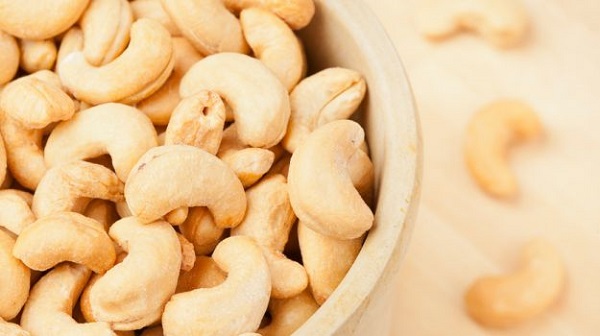
Types of cashew products
• Roast cashew nuts available in vacuumed envelopes. They are most commonly used for a luxurious appetizer.
• Fruit juice from cashew apples - this is the fruit juice and can be found within the EU.
• Cashew apples - the fresh fruit before kernel, the local delicacy in Africa, central South America (Brazil) and Asia (India). The reason we do not find it in our stores is the extremely delicate skin of the fetus that makes it unusable for loading and transport.
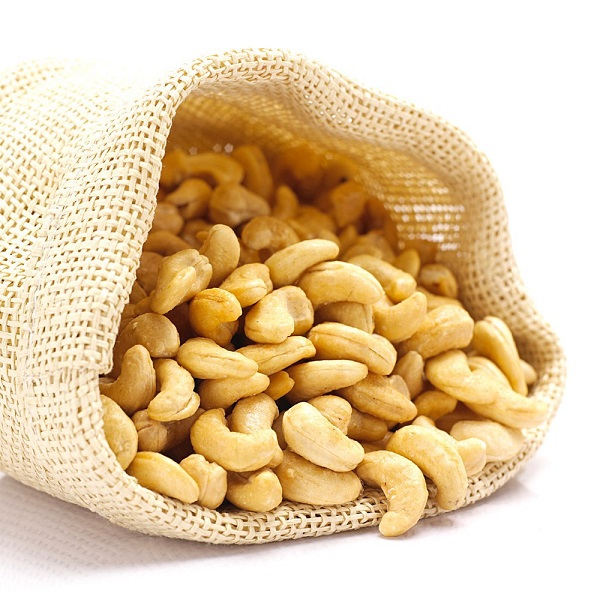
• Cashew meal - a delicacy that makes cakes and pastries.
• Cashew oil - delicacy, which is more widely used in medicine, pharmacy and cosmetics and less in the culinary industry, mainly in the mining regions.
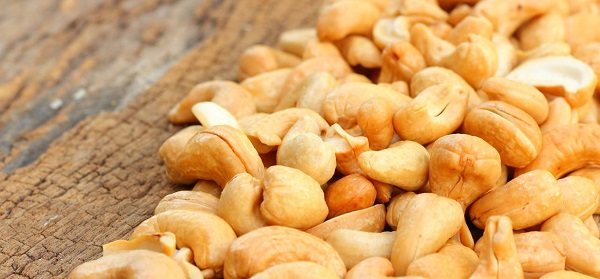
Health Benefits
• Contains moderate doses of vitamins B1, B2, B6 and, above all, vitamin B9
• Extremely rich in minerals, magnesium, and phosphorus, and also provides large doses of zinc, copper and iron. The iron content decreases when fried with fat
• Cashew has a low glycemic index (22 +/- 5) and a low glycemic load factor (2.86 per 50g), making it an excellent source of slow carbohydrates, a good food for BMB-HBW fans.
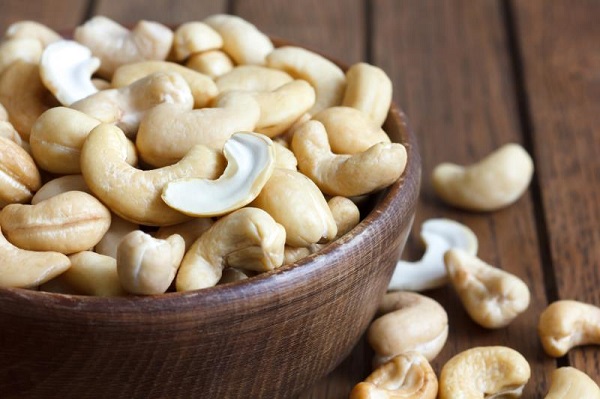
Health risks
You might be surprised to learn that cashew nuts are not entirely safe food. The risks associated with their consumption are due to the toxin urushiol contained in them, their relatively high oxalate content and, more rarely, allergic reactions.
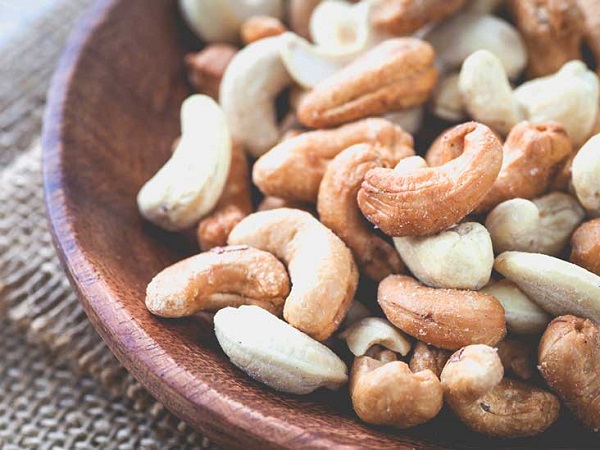 .
.

